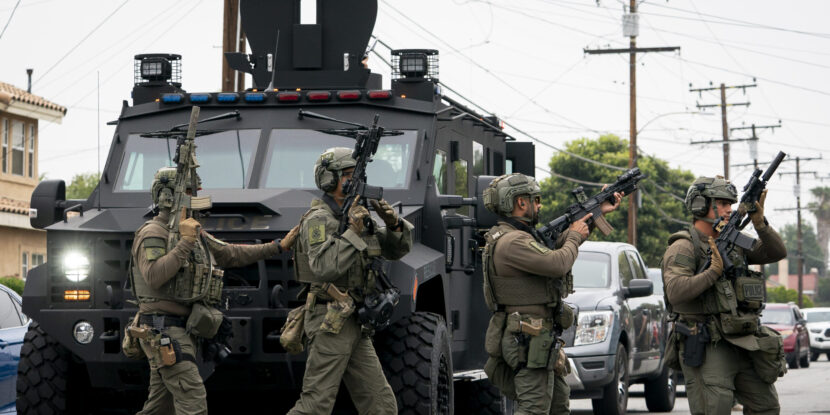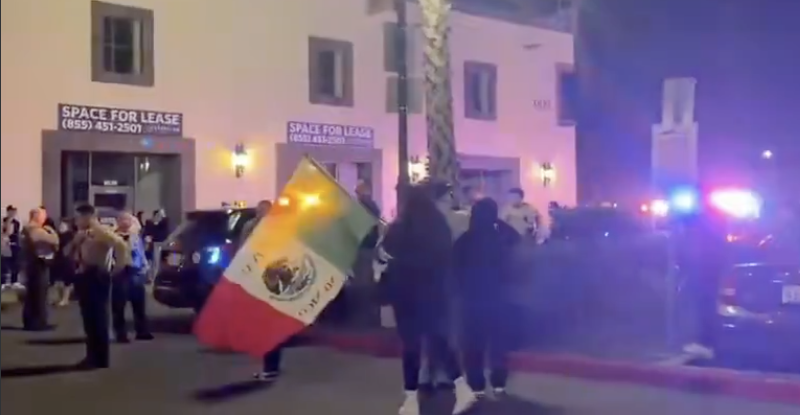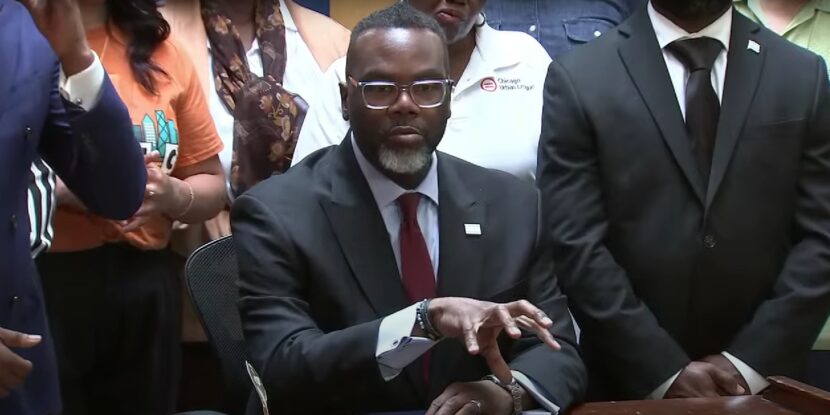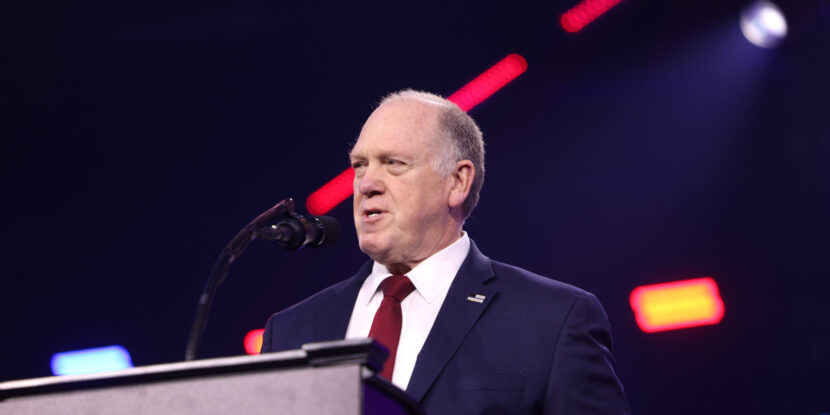PULSE POINTS:
❓What Happened: Federal judges have blocked the Trump administration’s efforts to deport foreign students accused of supporting Hamas.
👥 Who’s Involved: Four foreign students, including Mahmoud Khalil, Rümeysa Öztürk, Badar Khan Suri, and Mohsen Mahdawi; Trump administration officials; federal judges; ACLU representatives.
📍 Where & When: Detentions occurred across the U.S. in 2023; recent court rulings have halted deportations and detentions.
💬 Key Quote: “These rulings delay justice and seek to kneecap the President’s constitutionally vested powers,” said Assistant Homeland Security Secretary Tricia McLaughlin.
⚠️ Impact: Courts have ruled against the administration’s use of a 1952 law to justify deportations, citing constitutional concerns and an alleged lack of evidence.
IN FULL:
Efforts by the Trump administration to deport foreign students accused of supporting Hamas or engaging in anti-Semitic behavior have been halted by federal judges, citing constitutional issues and supposedly insufficient evidence. Four students—Mahmoud Khalil, Rümeysa Öztürk, Badar Khan Suri, and Mohsen Mahdawi—were arrested by federal agents under claims that their actions posed foreign policy risks.
The students, who deny any links to Hamas or anti-Semitism despite taking part in anti-Semitic protests, were detained under a provision of the Immigration and Nationality Act of 1952. This law allows deportation of noncitizens whose presence could adversely affect U.S. foreign policy. However, federal judges have rejected the administration’s arguments, freeing Öztürk, Mahdawi, and Suri, while Khalil’s case remains pending.
In one notable ruling, Judge Michael Farbiarz stated that deporting Khalil based on his beliefs and speech would be “unprecedented” and unconstitutional.
Assistant Homeland Security (DHS) Secretary Tricia McLaughlin defended the administration’s actions, claiming the rulings “delay justice” and undermine presidential authority. Meanwhile, Esha Bhandari of the ACLU described the courts’ decisions as a necessary check on executive overreach.
The legal battles have highlighted tensions between executive power, immigration law, and free speech. Judges like federal Judge Fernando Rodriguez have previously rejected the Trump administration’s use of the Alien Enemies Act to deport illegal immigrant gang members. This comes despite gangs like Venezuela’s Tren de Aragua being designated a foreign terrorist organization by the administration.




















